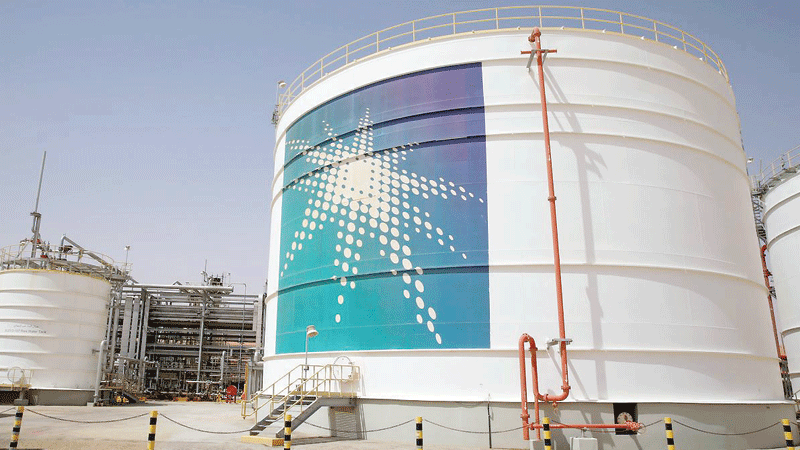

SINGAPORE: Saudi Arabia is expected to keep prices for most of the crude grades it sells to Asia little changed in March, with most attention on heavier grades following sanctions on Venezuela, traders said on Thursday.
The top oil exporter may keep the official selling price (OSP) for flagship Arab Light crude in March unchanged from the previous month, tracking a steady Dubai benchmark, or drop it slightly by 10 cents a barrel, a Reuters survey of five refiners showed.
The March OSP for Arab Extra Light crude could fall by up to 40 cents a barrel after naphtha margins weakened from last month, they said.
The market will be closely watching how state oil giant Saudi Aramco prices its heavier grades after the imposition of sanctions on Venezuelan crude exports to the United States. Venezuela mainly produces heavy crude oil.
One respondent expects prices for heavier grades Arab Medium and Arab Heavy to rise in March from February, while the rest expect prices to be little changed.
These grades “have the Venezuela risk premium factor. I bet Saudi will increase more than expected,” the respondent said.
Strong fuel oil margins could also underpin prices for heavier grades that produce more of the residue fuel.
The average fuel oil margin in Singapore so far this month is nearly on par with the Dubai crude price.
The margin on producing the residue fuel turned positive late last year due to tight supplies.
Still, Asia’s crude demand is set to drop in the second quarter due to the refinery maintenance season while China and India may end up importing more Venezuelan crude if PDVSA is unable to export to the United States, trade sources said.
Saudi crude OSPs are usually released around the fifth of each month, and set the trend for Iranian, Kuwaiti and Iraqi prices, affecting more than 12 million barrels per day (bpd) of crude bound for Asia.— Reuters
Oman Observer is now on the WhatsApp channel. Click here



